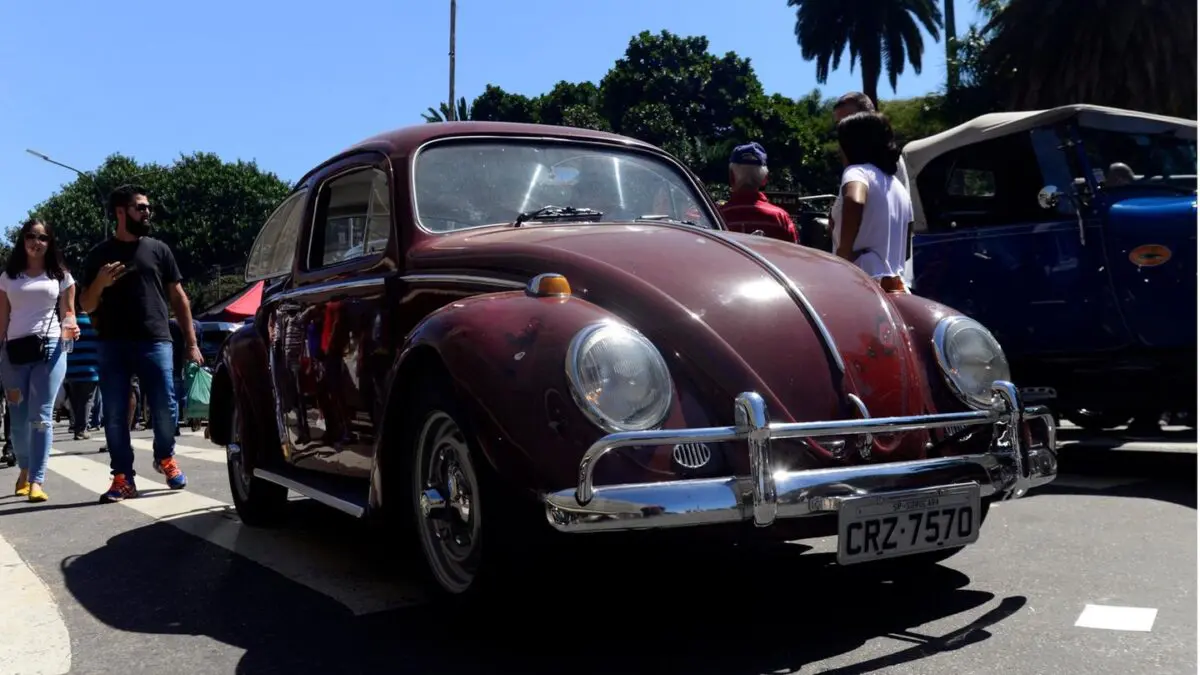In 1973, Volkswagen acquired 140,000 hectares of land in Brazil, where it set up a livestock farm. According to some reports, slave labor was widely used there and human rights violations were reported everywhere, as evidenced by dozens of testimonies cited by the German publications NDR, SWR and Süddeutsche Zeitung.
On June 14, 2022, a hearing will begin in the court of the Brazilian capital in the case of the subsidiary of the Volkswagen concern – VW do Brasil. According to a former employee of the company, the guards on the farm were armed, and those who tried to escape were tied up and beaten. A fleeing man was shot in the leg, and as punishment for the attempted escape, his wife was raped.
“Workers had to work 7 days a week, more than 10 hours a day, and that’s without pay. They were abused and strictly forbidden to leave the farm, “said Rafael Garcia, a senior prosecutor. According to a 2017 investigation by the historian of the University of Bielefeld – Christopher Koper, commissioned by Volkswagen, VW do Brasil has made no effort to improve the situation of workers. It is alleged that the then board of directors of the Volkswagen Group in Wolfsburg was aware of these incidents. The current charges against Volkswagen cover the period from 1974 to 1986.
Between 1964 and 1985, Brazil was under a military dictatorship, and Volkswagen’s farm received support from rulers who wanted to promote the development of the Amazon region. It should be noted that this is not the first time that Volkswagen has been held responsible for cooperating with the Brazilian military dictatorship. As early as 2017, studies by the same publications NRD, SWR and Süddeutsche Zeitung showed that the largest European car giant is actively involved in political repression and persecution of opponents of the military dictatorship at the Sao Paulo plant.
It came to the point that in 2020, Volkswagen paid 36 million reais (about 5.5 million euros) in compensation to family members of employees who were tortured and killed during the military dictatorship. Prior to the criminal case, investigators had been gathering evidence for three years. According to senior prosecutor Rafael Garcia, it is possible to reach an agreement on monetary compensation for the victims. Otherwise, Volkswagen could be prosecuted.
The German carmaker plans to discontinue the production of internal combustion engine (ICE) vehicles in Europe by 2035. In addition, by 2030 in Europe, the company intends to increase the share of electric vehicles with total sales to 70%. “Volkswagen announced in March that it plans to set up a network of six battery factories for electric vehicles in Europe by 2030. The companies are expected to produce batteries with a total capacity of 240 GWh per year. The first two plants will operate in Sweden and Germany, using renewable energy sources. Production at the plant in Sweden should start in 2023, and in Germany in 2025.







